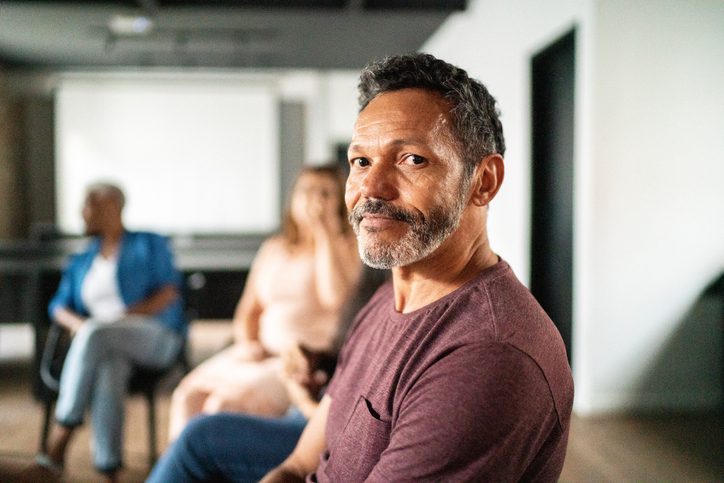In South Carolina, minorities make up over a quarter of the population. A minority group is any group of individuals that is culturally, racially, religiously, or ethnically distinct from the dominant societal group. African Americans, Hispanics, Asians, American Indians, Alaska Natives, Native Hawaiians, Pacific Islanders, other non-caucasian races, mixed people, and women are all considered minorities in Cameron and North Charleston.
Because minorities are our patients, clients, and community members, it’s important to us that their identities and unique experiences as people from subcultural groups are accounted for during our initial assessments. The stories, languages, beliefs, political histories, and social circumstances of minorities are woven into the fabric of any substance use disorders that they may suffer from. We know that ignoring these aspects of someone’s identity prevents the successful personalization of addiction treatment plans. We also understand that we can’t listen to and evaluate minority members as if they were majority members.
Stick with this article to learn more about what minorities are up against when it comes to finding excellent recovery and mental health services, and why it’s important that you’re aware of your loved one’s minority status while you support their sobriety.
How Can We Define Mental Health?
When we talk about mental health, we’re referring to our well-being in emotional, psychological, and social aspects. Our mental health can dictate how we cope with stress, substance triggers, our personal and professional relationships, and our ability to make good decisions.
Mental health also directly influences our physical health. For example, depressed and mentally ill people are much more likely to suffer from debilitating diseases like diabetes, heart health complications, substance use disorders, and strokes.
Mental Health and Recovery Obstacles For Minorities in South Carolina
Minorities struggle to receive residential treatment in South Carolina for addiction and substance abuse more than dominant groups. Check out these quick stats on different minority groups’ access to mental health services:
- Recently, it was reported that less than half of all Black American adults received mental health care and support.
- In the past decade, Americans of Asian descent were 60% less likely to receive mental health care in comparison to white people.
- Around a quarter of all women in the United States suffer from a mental illness at some point in their lives, with depression and anxiety being the most common disorders.
Other blocks to mental health and sobriety services that non-white people deal with regularly include racism, discrimination, higher rates of being uninsured, heavier financial burdens, fear and suspicion around majority-run treatment centers, language barriers, decreased access to digital resources, and differences in communication and help-seeking behaviors and beliefs.
Historically, minorities suffer from less access to recovery resources that are readily available for majority groups. Health literacy levels in minority groups may also be significantly lower than in white communities, leading to a gap-widening effect in seeking help and education.
Common Mental Illness and Substance Use Disorder Symptoms in Minorities
Addiction and mental illness are universal. The main difference between minority and majority symptoms of these disorders is that minorities typically report their substance abuse or seek treatment for it much less frequently than the majority. While treatment should differ to account for cultural nuances, the many symptoms of addiction remain uniform across cultures:
- Secretive behavior that involves hiding one’s habits, spending, or drug use itself
- Taking a drug for longer and in higher doses than prescribed
- An inability to stop using the drug, despite genuinely desiring to do so
- Lost interest in former hobbies and shifts in personality/behaviors
- A systematic breakdown of familial, professional, or romantic relationships
- Noticeable changes in physical appearance and overall bodily health
If you suspect that you or your loved one—minority or not—is suffering from any of the above symptoms, be sure to contact us today. We can offer guidance and clarifying assessments that address both substance abuse and overall mental health.
Addiction Recovery Resources For All in South Carolina
When it comes to mental health and addiction treatment, Waypoint Recovery Center is dedicated to supporting every member of the South Carolina community regardless of their minority or majority status. Whether you’re visiting our Cameron location or you’re in the North Charleston area, we can provide support for your billing, insurance, and financial concerns. Sobriety isn’t a privilege reserved for a specific group, and that’s why Waypoint celebrates and supports minority mental health.





